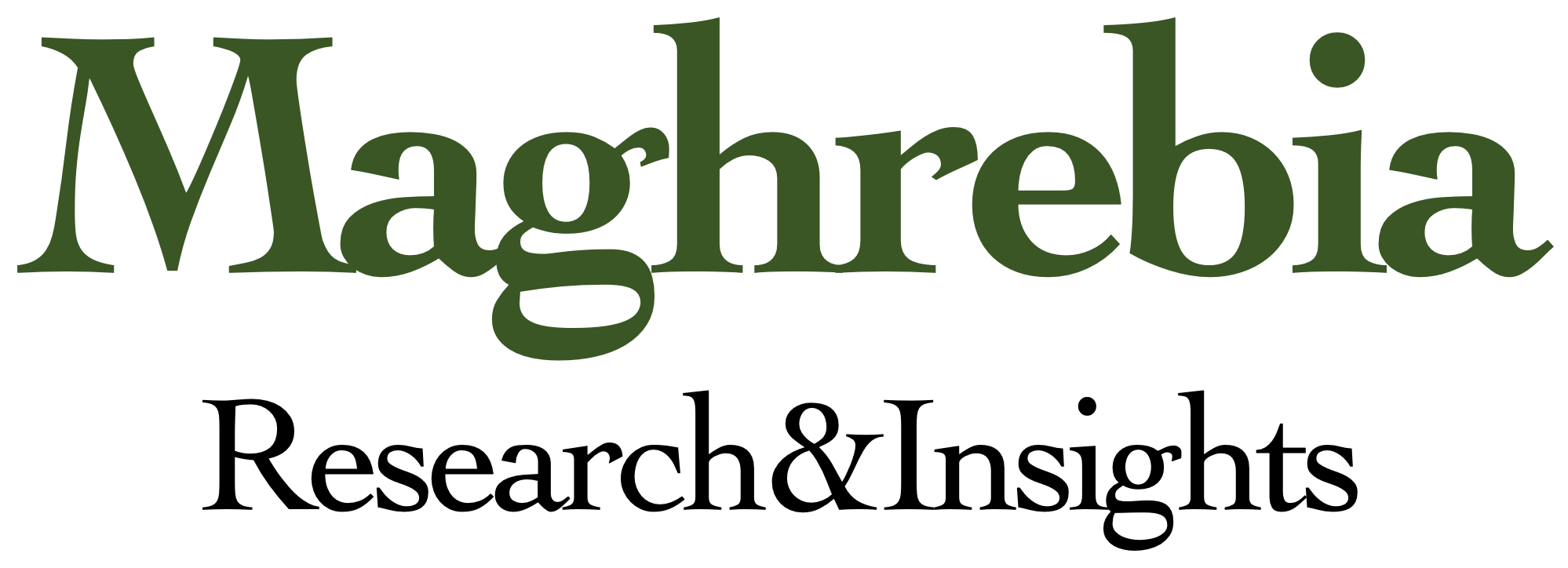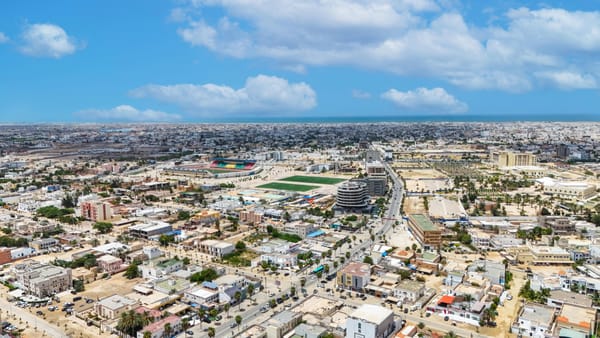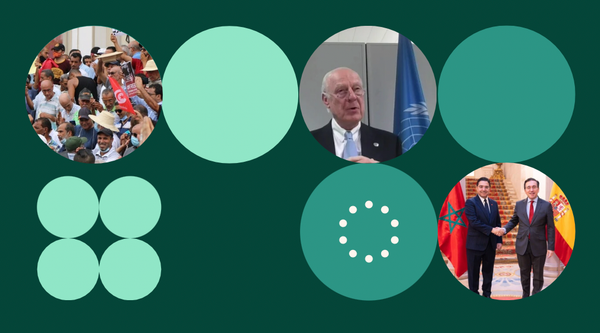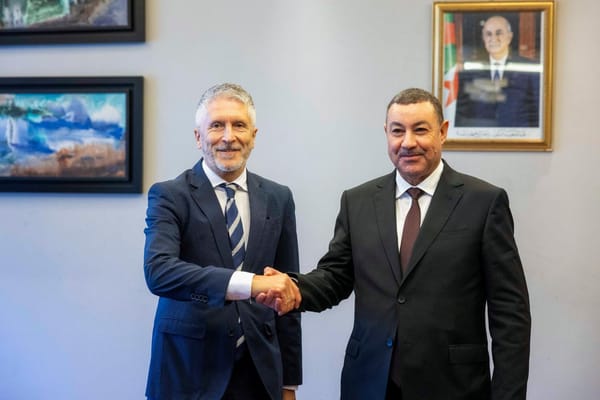Energy Newsletter - October 2025
NEWSLETTER. Monthly report on Spain's energy relations with the Maghreb
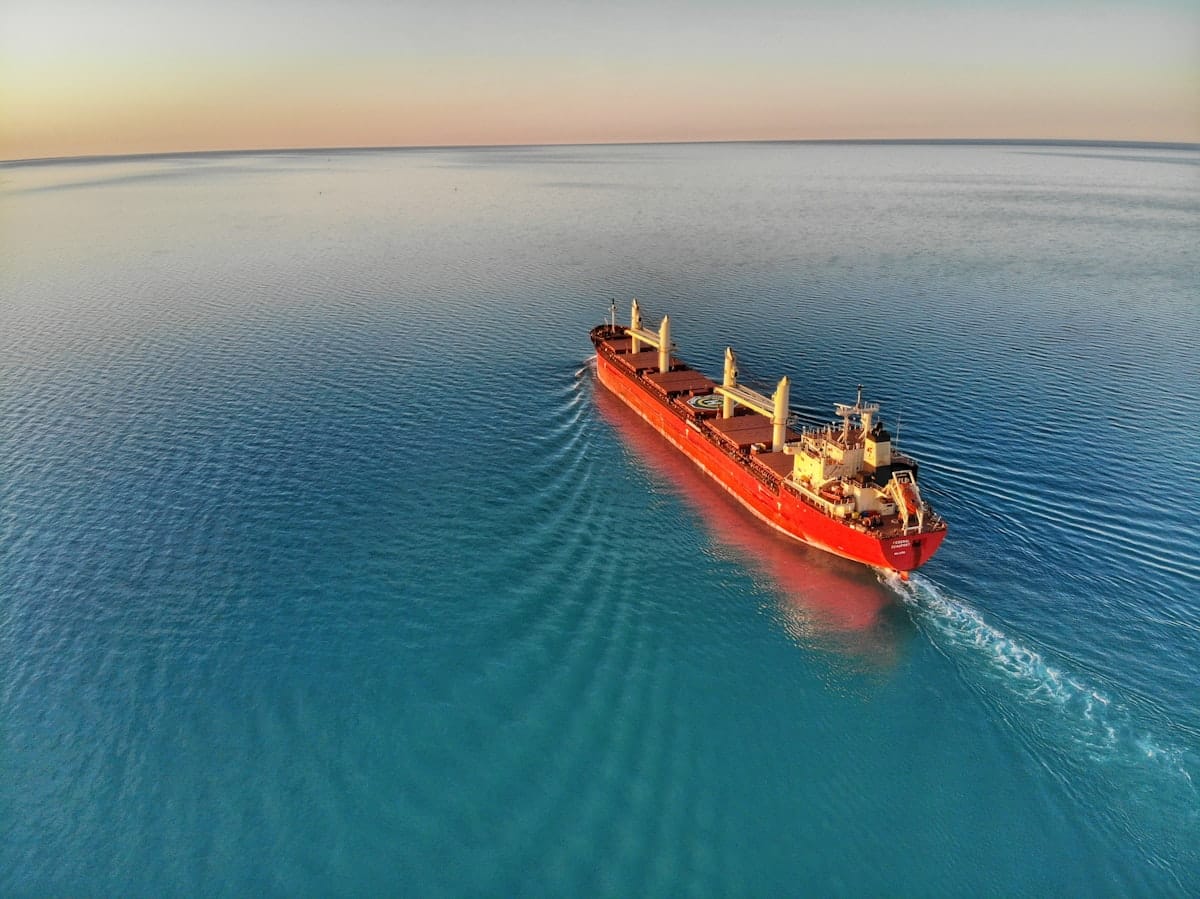
Natural Gas
In terms of imports, Algeria has maintained the lead it regained in August, increasing its advantage over the US thanks to a considerable drop in US liquefied gas arrivals (7,448 GWh). However, despite a slight increase compared to the previous month, Algeria's supply in September (10,243 GWh) remains below its twelve-month average (10,777 GWh), thanks to strong performance in October and November 2023. In a clear fulfilment of European commitments to eliminate Russian gas, the latter continues its downward trend, falling to historic lows of 1,128 GWh (the lowest since February 2020). This is similar to the supply from France and is now clearly lower than that from Nigeria and Angola, which are consolidating in third and fourth position respectively. Finally, although not shown in the graph due to a lack of recent data, Egypt supplied 1,034 GWh of gas this month. Although it consistently supplied considerable amounts of gas between 2005 and 2011 (and again in 2022), it has only supplied gas sporadically since then.
Algeria continues to increase its market share, with 37% of our gas now originating from there. Meanwhile, the US has reduced its share by 11 points since August, and Nigeria and Angola together now account for a significant 19%. Over the last twelve months, Nigerian gas has consolidated its presence, fluctuating between 4% and 16%. These figures could justify the ocean gas pipeline project promoted by Rabat, which would connect Nigeria with all the coastal countries up to Morocco and then continue to Spain via the GME. The project would cover 6,000 km and cost an estimated $25 billion.
This clear upward trend in Nigeria is evident in the year-on-year variation graph, which shows that the majority of months have positive values, with January and September of this year exceeding 150%. Meanwhile, Algeria's year-on-year fluctuations remain close to 0%, which clearly demonstrates the consistency of its supply and the limited impact of global or regional events.
In terms of exports, Egypt made a strong purchase in August, receiving a significant supply of 1,087 GWh. This was not included in the graph as there is no recent trend. This purchase was apparently due to a miscalculation regarding its interest in becoming a gas hub in the subregion. Morocco remains our top customer without Egypt, with little change over the last six months, and has done so for the fourth consecutive month. France ranks third, thanks to a significant increase in September that brings it back to monthly levels more in line with the 2024 average.
In the absence of September's data, August's figures appear somewhat outdated, given that Morocco's share fell that month due to a one-off shipment of 32% to Egypt.
In year-on-year terms, Moroccan demand has virtually remained unchanged, with the country purchasing almost the same amount of gas this September as last year. In contrast, Italy has experienced extremely high variability over the last twelve months, with year-on-year variation rates reaching 27,180% in August 2025.
Crude Oil
In the oil market, Brazil has reclaimed second place as a supplier, with an output of 706 kt in August, which is closer to its usual average of around 760 kt, although still far from its peak this year of 1,101 kt. The US continues to lead the way in terms of supply for the third consecutive month, while Mexico and Nigeria have experienced significant declines, allowing Brazil to overtake them; the latter in particular is down 45% from the previous month (although it is still at a considerable level and above its average). Libya and Algeria have also seen declines since July, though both Maghreb countries remain close to their excellent average for the past twelve months (419 kt and 300 kt, respectively).
Compared to the previous month, there was also a slight diversification in supply this month. Thus, with the exception of Brazil, which increased its share, the other five main suppliers saw theirs reduced, with the top four now needing to combine their volumes to account for half of Spain's crude oil imports.
Electricity
There are no significant changes apparent in the electricity market. The negative electricity output is certainly reduced in all three cases, although the declines are not very significant in any case. There has also been a slight decline in electricity imports from France, while imports from Portugal have increased and those from Morocco remain negligible. This results in a negative balance with the North African country that is declining, but remains considerable.
News
- 21.09.2025. Libya's crude oil production exceeded 1.3 million barrels per day, marking one of the highest levels of the year. The increase reflects the stability of the oil fields and the NOC's efforts to maintain a steady flow of exports and is part of the goal of reaching 2 million barrels per day by 2028. [LibyaObserver]
- 26.09.2025. Italy's Prysmian won the contract to build a submarine power cable connecting Italy and Tunisia. Part of the Elmed project, the agreement could be worth €460 million if certain conditions are met. The infrastructure aims to strengthen the energy interconnection between Europe and North Africa and facilitate the exchange of renewable energy. [Prysmian.com]
- 28.09.2025. Libya and the European Union agreed to expand their energy cooperation, with a focus on renewable energy, climate action and economic diversification, with the aim of achieving both sustained Libyan growth and EU energy security. Minister Abdulsadek and Ambassador Nicola Orlando discussed in Tripoli the need to combat oil smuggling through reforms and international aid. (Nicola Orlando in X)
- 07.10.2025. Algeria announced a plan to invest more than $60 billion in the energy sector by 2029. Up to 20% will be devoted to renewable energy and green hydrogen, consolidating the Ministry of Energy's diversification strategy. [EnergiesMedia]
- 08.10.2025. Morocco is moving forward with its green hydrogen plans, despite the global slowdown in the sector. The government continues to promote projects, international partnerships and regulatory frameworks to attract investment and position itself as a key exporter to Europe. [Hespress]
- 14.10.2025. Sonatrach signed a $5.4 billion contract with Saudi Arabia's Midad Energy North Africa, focused on the development and exploitation of hydrocarbons in the Illizi South perimeter for a renewable period of 30 years. The agreement strengthens energy ties between Algeria and Saudi Arabia and is part of the memorandum of understanding signed between the two companies in March last year. [Sonatrach.com]
- 15.10.2025. Algeria's oil production increased for the fifth consecutive month, maintaining its momentum within the framework of OPEC+ and its programme of gradually reintroducing crude oil to the market. Current production stands at 960,000 barrels per day, 13,000 more than the previous month. [Algerie360]
